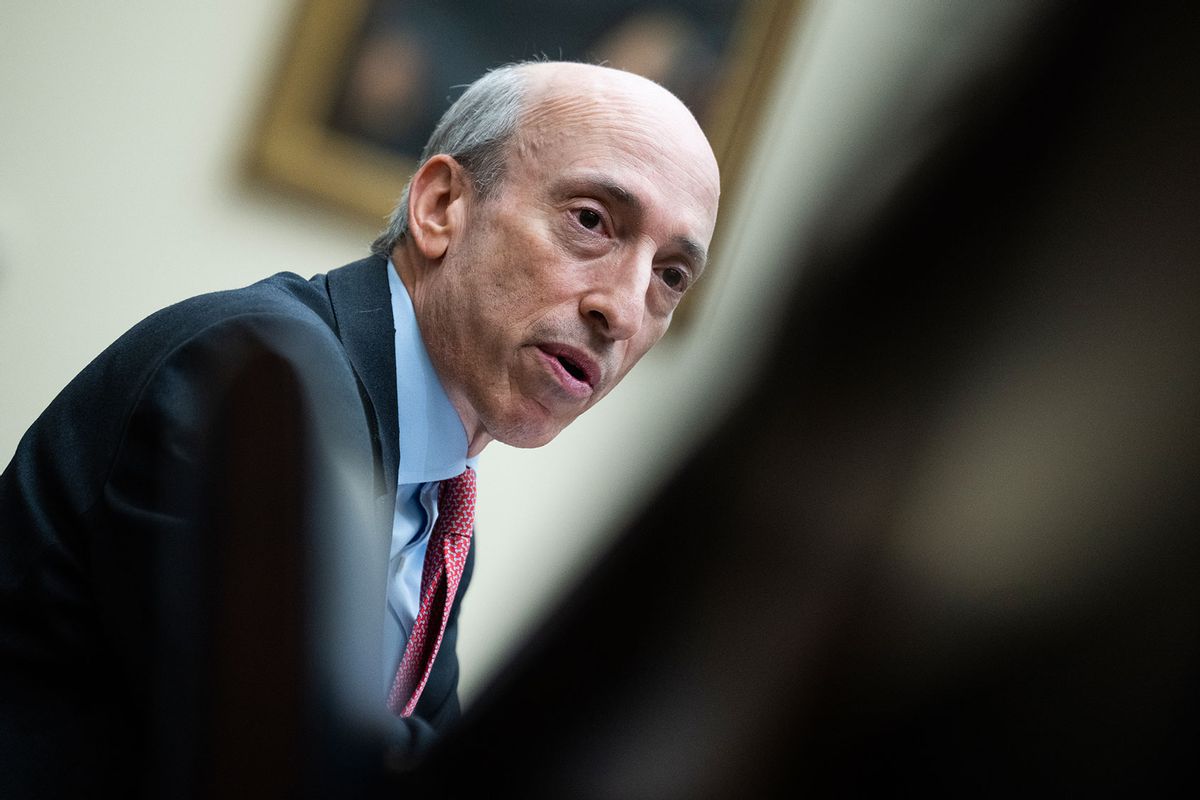Securities and Exchange Commission Chair Gary Gensler plans to resign on Jan. 20, a decision that paves the way for President-elect Donald Trump to reshape the agency into a more favorable environment for crypto and Wall Street.
Gensler, a nominee of President Joe Biden who began his role in April 2021, led an agency that cracked down on cryptocurrencies and other regulatory issues. His resignation, announced on Thursday, allows Trump to select a replacement immediately.
SEC commissioners serve five-year terms, so Gensler could have stayed longer. But Trump had pledged on the campaign trail to remove him. He has not named a replacement.
Candidates under consideration have included Daniel Gallagher, a former SEC official now at financial services firm Robinhood, and current Republican SEC commissioners Hester Peirce and Mark Uyeda, according to the Washington Post.
Under Gensler, the SEC had several high profile disputes with the crypto industry, including a legal fight with Grayscale to block bitcoin ETFs, CNBC reported. Grayscale won, and billions of dollars have flowed into those funds since they launched in January, CNBC reported.
The SEC also sued several large digital asset companies over how they were handling or selling crypto, including Coinbase, CNBC reported.
Crypto corporations emerged as a major player in the 2024 election, pouring over $119 million into candidates' coffers — accounting for 44% of all corporate political spending, according to data compiled by nonprofit watchdog Public Citizen.
The industry sent hundreds of pro-crypto candidates to the U.S. House and some to the Senate, according to data compiled by Stand with Crypto tracker.
Bitcoin has jumped 40% since Trump's win, The Associated Press reported, and was nearing $100,000 Thursday. It jumped again after Gensler's resignation was announced.
Trump has promised to make the U.S. the "crypto capital of the planet." But industry watchers have raised questions about who will keep crypto donors in check and consumers safe.
Crypto's resurgence comes two years after an industry-wide collapse resulted in failed exchanges and massive fraud at FTX. The firm's founder, Sam Bankman-Fried, is serving a 25-year prison sentence after he was convicted of defrauding customers.



Shares